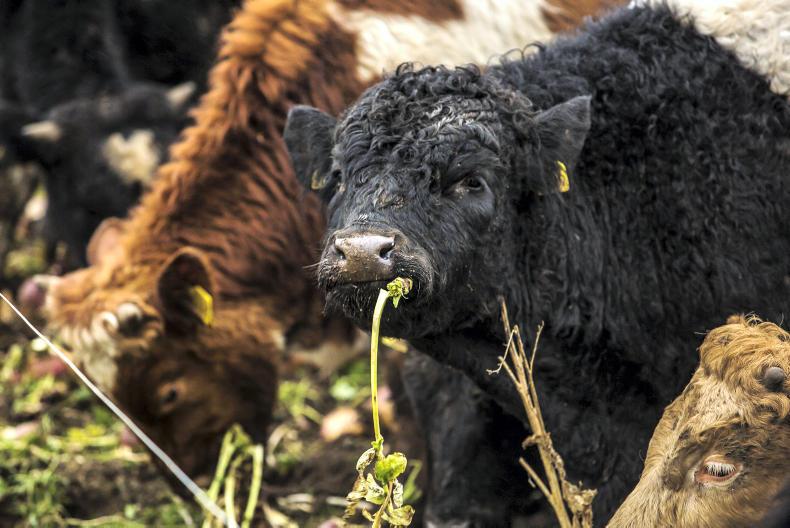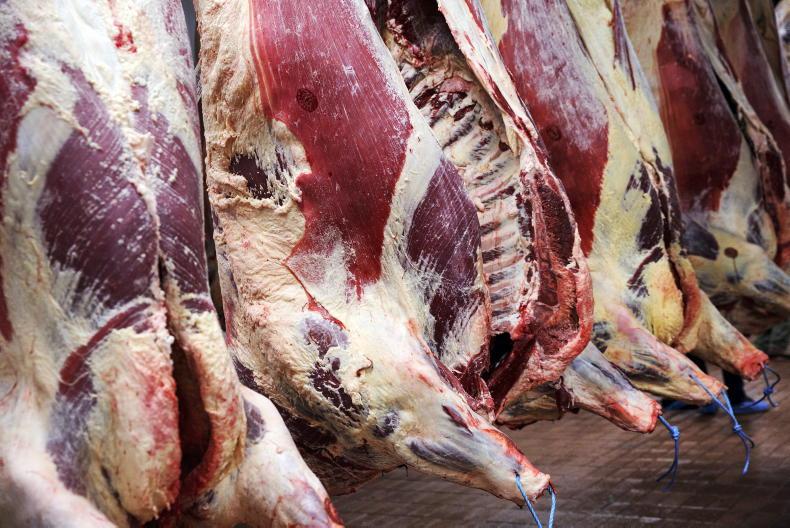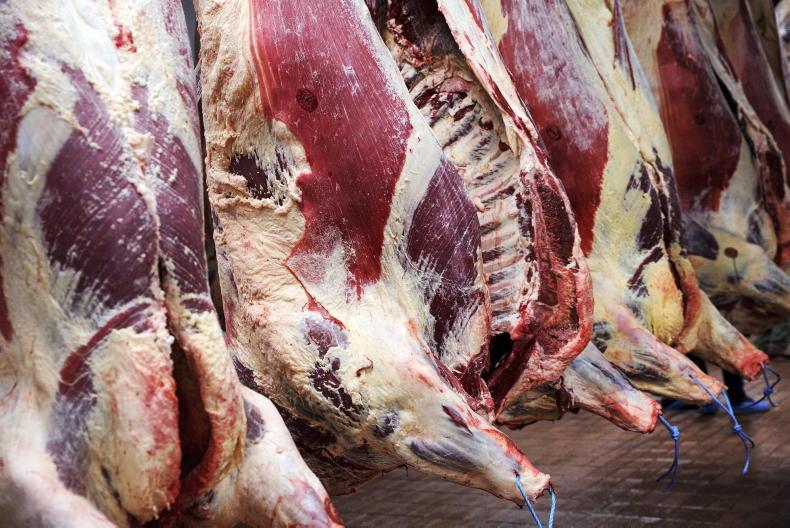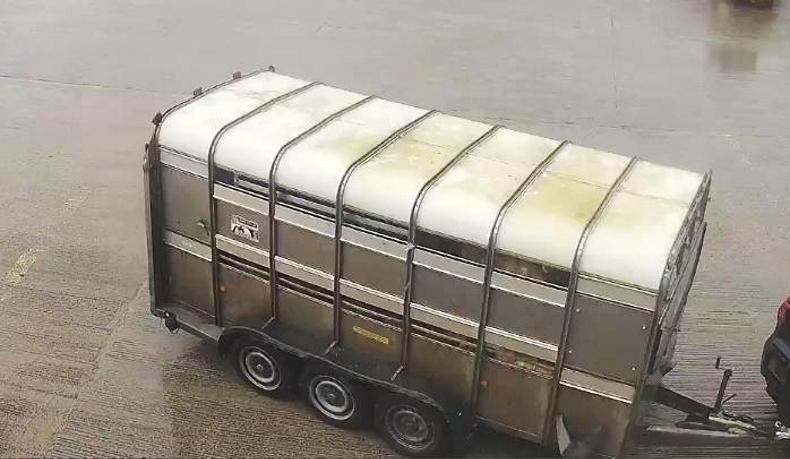My mother comes from a long line of cattle graziers in the west of Ireland. Her father – my grandfather – was a man of his time and very strict in his beliefs. He married an equally upright good Christian lady from Northern Ireland.
I did the same myself. Apples, as they say, don’t fall far from the tree.
The expression ‘slow horses and fast women and beef in the winter’ was often used in their family in reference to a ne’er-do well who lost his money on promiscuous ladies or gambling or fattening cattle in the winter, all of which were a complete abomination to their values.
I’ve tried to live true to these values myself, but only with limited success. But I’ve transgressed badly when it comes to beef in the winter and to my cost.
We have always overwintered the store bullocks on silage alone and finished them on grass. Compensatory growth and lush Meath pastures did the finishing with a flourish.
That much is okay with no obvious transgression there. But nowadays, because of dates and the whole palaver with cattle being over 30 months, it means that we now finish a few cattle in the winter that will be over-age before the spring.
This year is a case in point. Despite a reasonable purchase price, a daily liveweight gain of 1.38kg/head and an excellent kill-out, the finished cattle died in debt a week ago.
Once silage/feed costs are deducted, they left a total margin of €42/head, which is, of course, no good.
Profit
I really don’t understand how anyone can make a profit out of winter finishing at all.
At least if a fellow transgressed with women and horses, he might knock a bit of fun out of it for a while, but there’s no fun with feeding flighty red Limousins.
Save Our Sucklers
Remaining for a moment with cattle, I’m excited about the Irish Farmers Journal Save Our Sucklers (SOS) campaign.
Suckler men have long been close to my heart and, as I’ve said before, they are the backbone of the Irish meat industry. But part-time farming, low returns and a move to milk is taking its toll on suckler farmers.
The case for a suckler cow subsidy is very strong to encourage and protect our suckler farmers, particularly in the west and disadvantaged areas where there are no other options.
But of course it has to be said that to favour one sector of farming over another may present problems. We are all aware that tillage farming is going through a rough patch at the moment between low(ish) returns, high input costs and difficult weather.
SOGGIE
Many would argue that there is a need for a lively campaign, perhaps called Save Our Grain Growers in Éire or SOGGIE for short. SOGGIE could argue the case for preferential treatment for Irish-produced grain, oilseed rape or indeed sugar beet.
But SOGGIE would be particularly relevant when it comes to promoting Irish beans. I got the returns back for the 2017 crop at Christmas and we had a couple of loads at a very soggy 33% moisture. Chris in Drummonds huffed and puffed and when he’d finished, they dried and pickled them with acid and, certainly, beans are very noticeable in their coarse ration.
And there can’t be much wrong with them when the same ration is capable of delivering 1.40kg daily liveweight gain. It’s just a pity that it doesn’t pay to feed it at the present time.
But if you go by my grandfathers – both of them – it never did.










SHARING OPTIONS